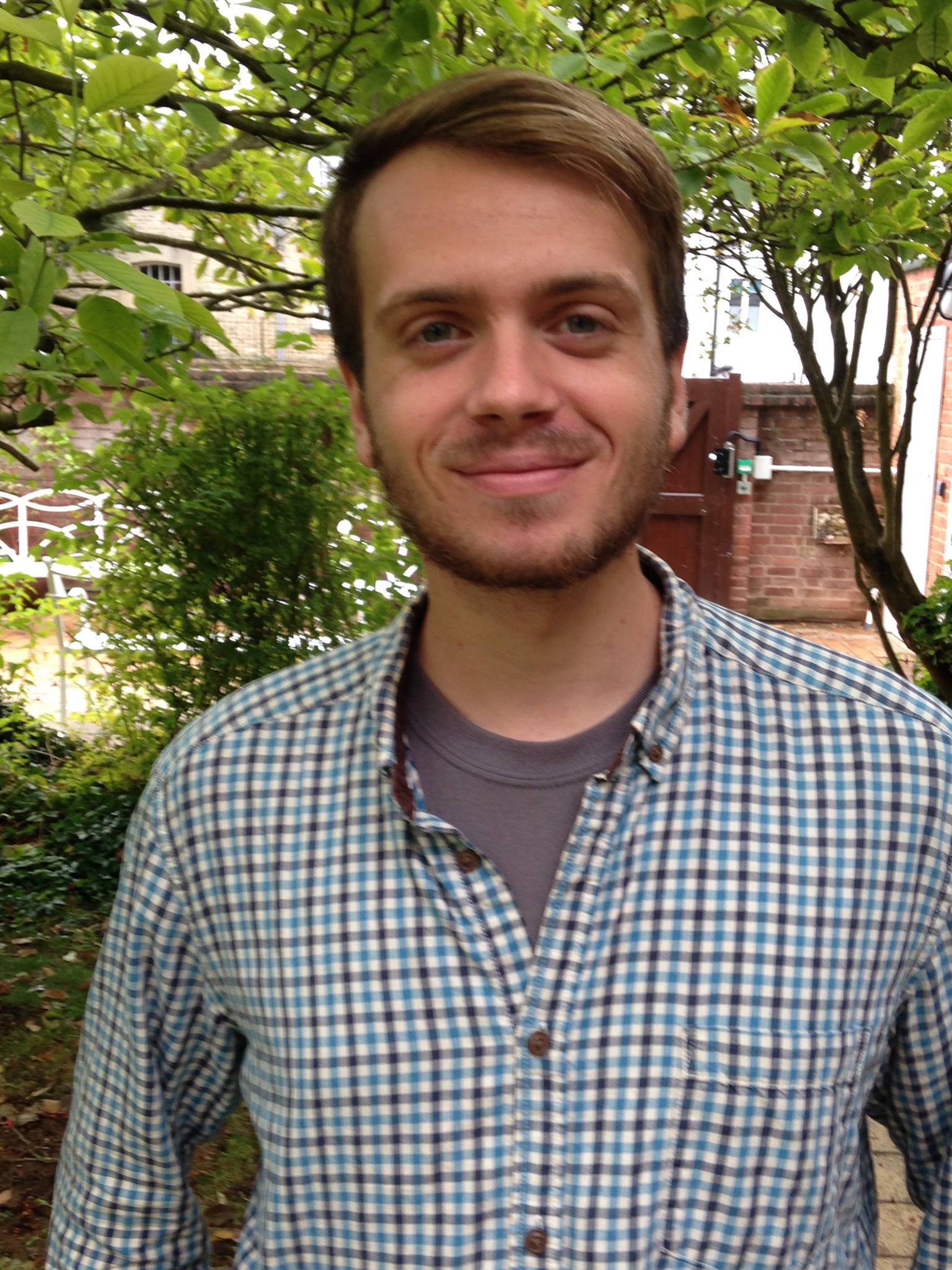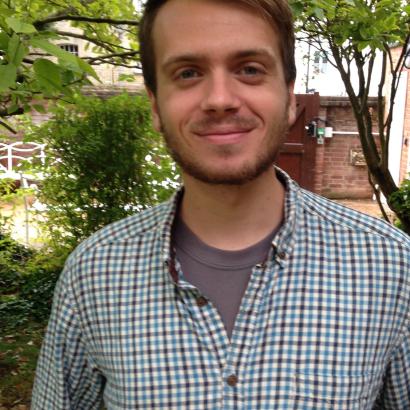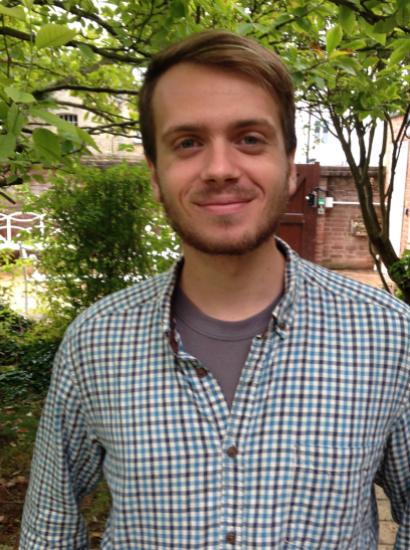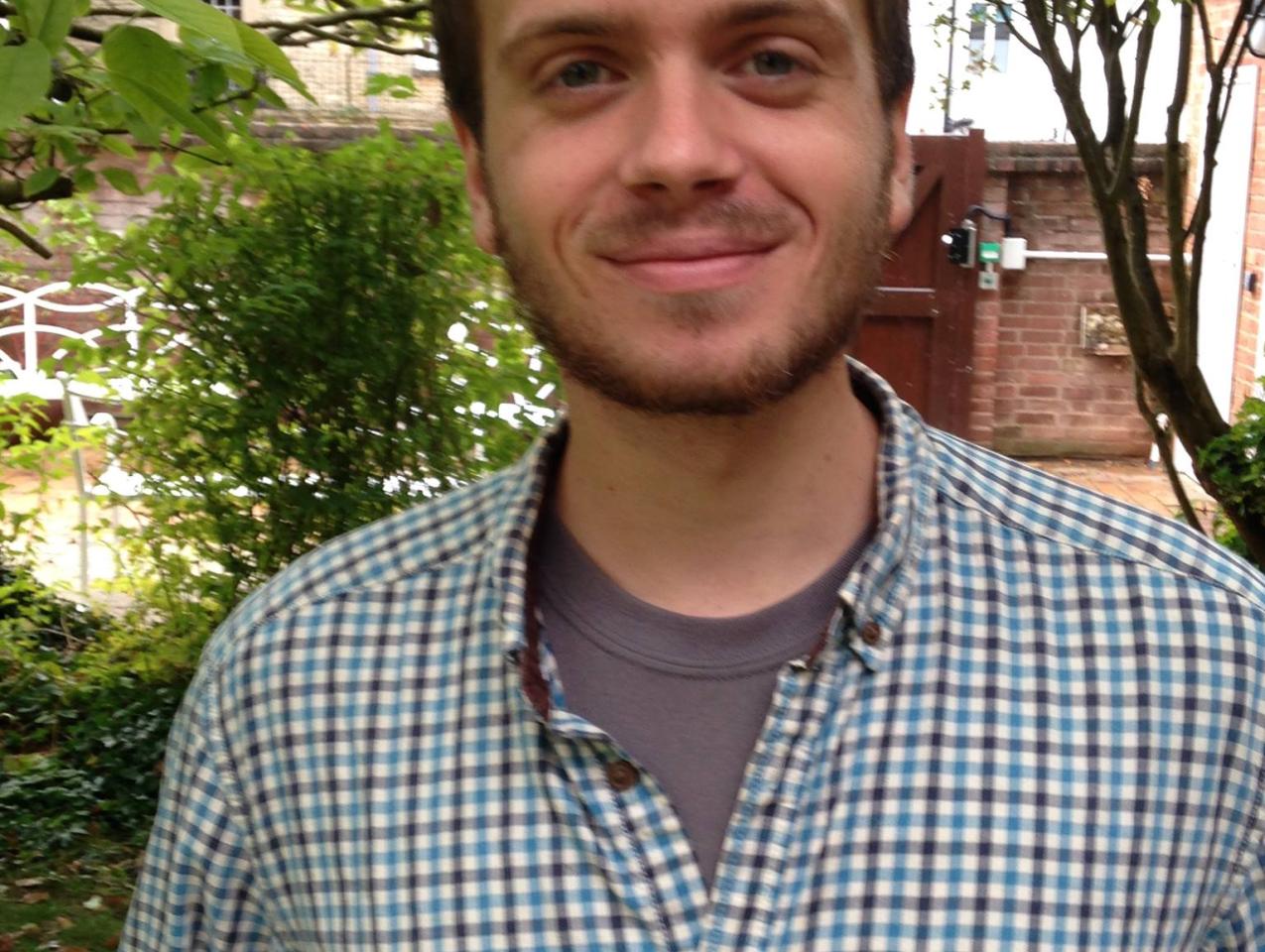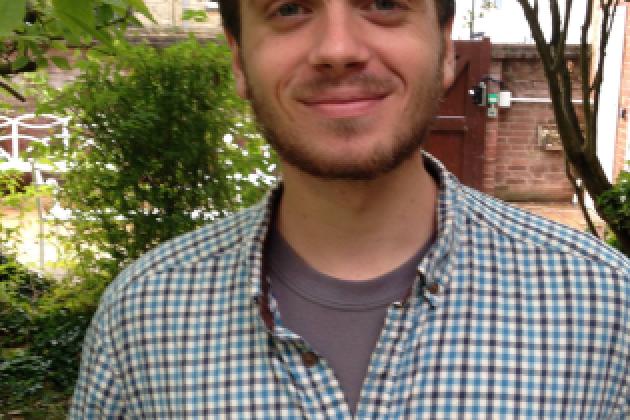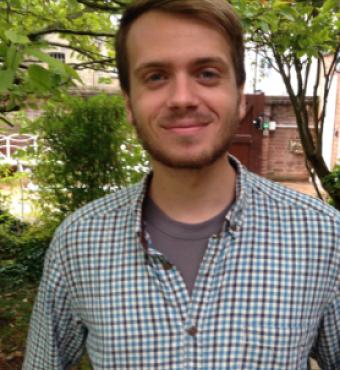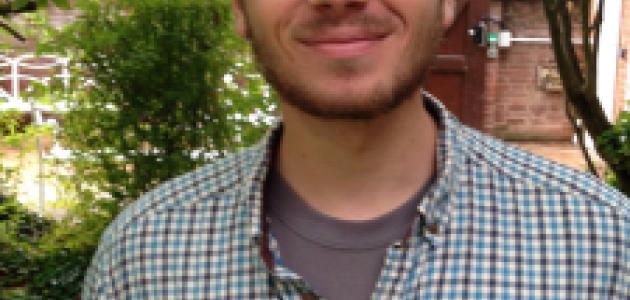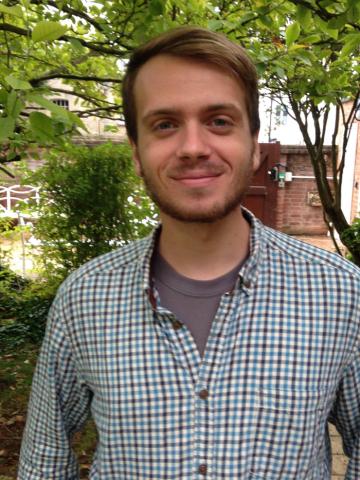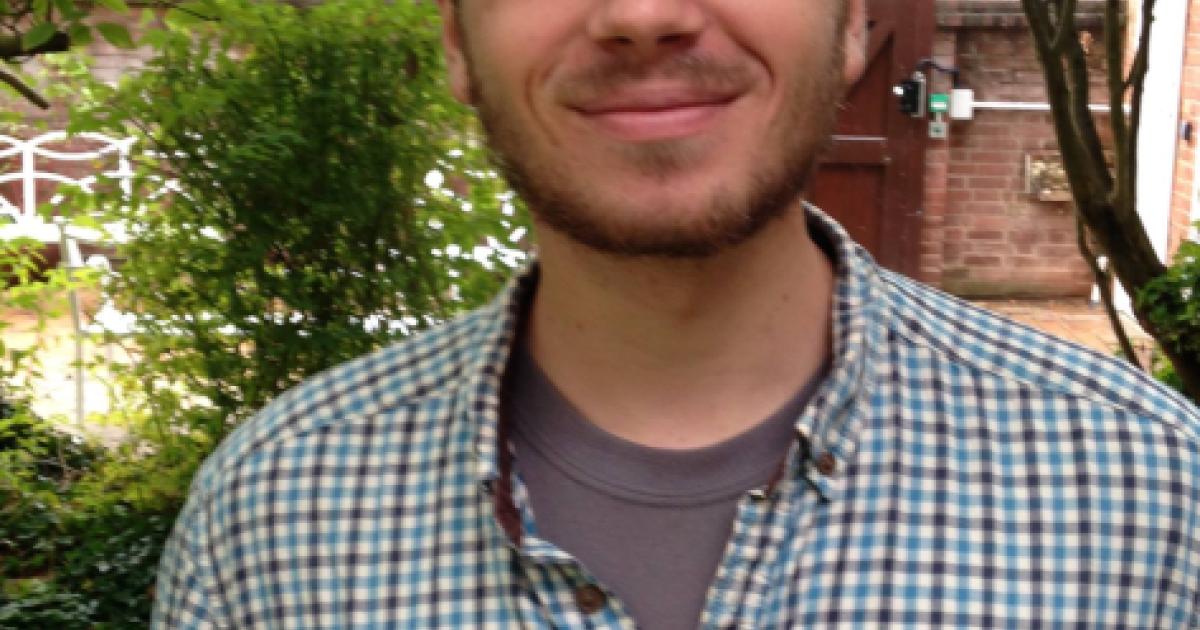By Benjamin Musachio
Historians interested in the development of 20th-century American conservatism seldom collaborate with specialists in Soviet literature. I conceived of my research as a bridge between these two worlds. I examined American conservative responses to Boris Pasternak’s Doctor Zhivago, the 1958 Nobel controversy (Pasternak was awarded the prize, but had to refuse after threats from Soviet authorities), and the CIA’s role in the publication and dissemination of the first Russian language edition of Zhivago.
Conservatives did not react uniformly to any of the above three phenomena. Some—like Robert Welch Jr., leader of the John Birch Society—considered Pasternak’s masterful novel to contain a veiled pro-communist message. An editorial published in Welch’s journal, American Opinion, inveighed against the absence of praise toward capitalism in Doctor Zhivago. The supposedly anti-Soviet, religious elements in the novel were in the same article criticized as unconvincing. Both of these “facts” led Welch and his editors to their conclusion that the Kremlin was pulling the strings of Boris Pasternak, its puppet.
William F. Buckley and Eugene Lyons thought differently. Both of them considered Pasternak’s novel to be a moving indictment of revolutionary Bolshevism and the subjugation of lived experience to Soviet ideology. To quote Eugene Lyons, who praised the novel in Buckley’s National Review, “[Pasternak] exalts man above the State, life above terrestrial dogma […], conscience above conformity, religious insights above sociological forms.”
The two conservative camps picked up their pens and published a variety of pieces on Zhivago as well as the Nobel committee’s decision to award Pasternak the prize for literature in 1958. Exchanges between Lyons and Welch in particular became rather acerbic; in rebutting Welch’s reading, Lyons titled his polemic “Folklore of the Right,” intimating that Welch’s conjectures were pure fiction.
This 1959 debate concerning the Zhivago affair revealed divisions that would later resurface in the 1960s, when two major conservative constituencies (William F. Buckley’s National Review and Robert Welch’s John Birch Society) became irrevocably estranged, thus changing the landscape of American politics for decades to come. The National Review band, led by Buckley, excommunicated the Birchers from the mainstream of the Right. American conservatism in the subsequent decades thus remained free from radical, “kooky” elements that overestimated the Kremlin’s power and influence.
The Eugene Lyons’ Papers and John Chamberlain’s Papers (Chamberlain reviewed Doctor Zhivago in the pages of National Review) were both indispensible to telling this complex, but fascinating story. Both collections reside in the Hoover Institution Archives.
I shared my research with the scholarly community at a conference, co-sponsored by the Hoover Institute Library & Archives and Stanford University. Stanford Professor Lazar Fleishman organized the conference, titled “Poetry and Politics in the 20th Century: Boris Pasternak, His Family, and His Novel Doctor Zhivago.” The gathering offered an opportunity to make my findings known to leading Pasternak specialists who received my paper with genuine interest.
I would like to thank Hoover Institution Library & Archives for taking a chance on me, an untested undergraduate, in their award of the Silas Palmer Fellowship. The Library & Archives staff assisted me expertly in my research tasks.
My thanks also to Professors Alvin Felzenberg and Lazar Fleishman for their generous mentorship.




